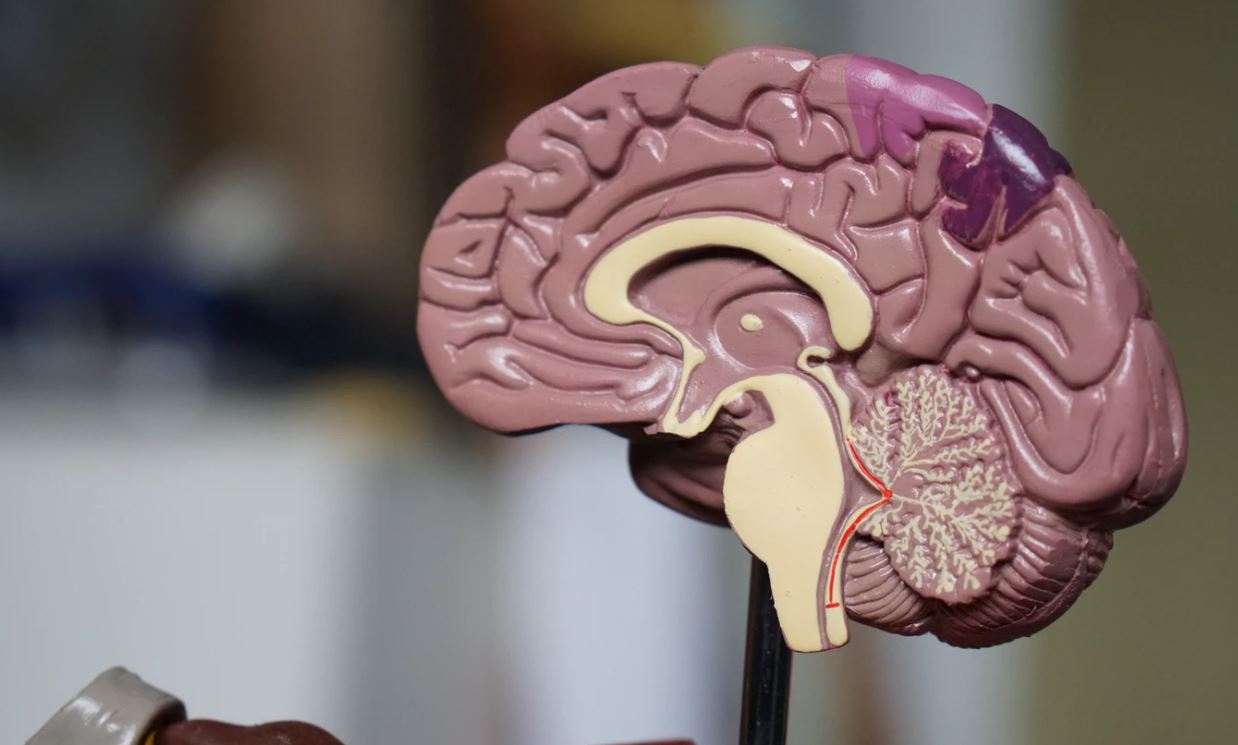Your brain works as a control center for the whole body. It is an essential organ of the nervous system, which further breaks down in the network of neurons and nerves. The nervous system also has a spinal cord, and altogether, this system helps in proper brain functioning. The nervous system does it all, from controlling the bodily senses to managing its muscle movement.
A brain injury can have a direct impact on various bodily functions. An injured brain can disrupt your memory, sensations, and overall personality and leave a long-lasting effect. Similarly, whenever your mind starts losing control over the body, neurological disorders appear. You should consult the best neurologists available at lets.treat.ms. They examine your symptoms and order tests to diagnose any underlying conditions that could be causing your symptoms.
In general, a neurological disorder comprises disabilities or conditions, which have adverse effects on the brain. Some situations that promote this disorder are:
- Genetics
- Any traumatic injury
- Underlying illnesses
Please keep in mind that such conditions come under a broad category, varying wildly in severity and symptoms. Moreover, many of the neurological symptoms take place in response to other disorders. The diagnostic process, in general, is a complicated one. Here, it is difficult to diagnose and evaluate how the damage occurred in the first place.
However, people go through some reliable diagnostic tests to find out where the problem lies. From analyzing the medical history of the patient to performing physical exams, diagnostic procedures uncover everything. Like Primex Labs in Las Vegas, other research labs are also using advanced technology to reveal underlying diseases by screening and diagnosing the results. If you are suffering from brain health issues, consider getting a reliable place’s diagnostic test.
Here are five diagnostic tests for neurological disorders, which help in evaluating neurological health.
1. Electroencephalogram (EEG):
This diagnostic test specializes in detecting electrical activity in the brain using little metal discs (electrodes). The discs connect to the scalp, where they communicate with brain cells via electrical impulses. EEG records the entire brain cell activity, even while sleeping. When an EEG recording is complete, wavy lines display the brain activity.
An EEG is a necessary diagnostic test for locale disorders like epilepsy. It also helps in diagnosing other neurological illnesses.
2. Computed Tomography Scan (CT or CAT Scan):
It is another diagnostic procedure that utilizes computer technology and X-rays to produce axial or horizontal body images. It allows the medical practitioner to see inside your organs, tissues, and bones. The X-rays do not harm the body and only used to produce a cross-sectional diagram.
Since neurological disorders are hard to pinpoint and study, a CT or CAT scan helps diagnose them. The reports are much more detailed than the regular X-rays. Hence, a CT or CAT scan is more reliable.
3. Arteriogram (Angiogram):
This neurological test is effective at diagnosing any underlying health issues with the help of X-rays. An angiogram or arteriogram helps the doctors in viewing veins and arteries closely. It further assists them in observing any blockage around the vessels and record any narrowing.
The procedure is simple to understand. It comprises flexible, thin tubes; inserted into an artery (leg) with a contrast dye. This dye increases the visibility of the veins and arteries on the X-ray report.
A medical expert can ask for an angiogram under the following conditions:
- If the patient shows signs of narrow or blocked arteries
- If they experience an unusual form of chest pain
- If they have undergone immense stress or suffered from a stroke, brain, or heart injury
4. Spinal Tap (Lumbar Puncture):
Cerebrospinal Fluid (CSF) is a clear liquid present in the spinal cord and brain. The brain’s ventricles produce this fluid and circulate it around the spinal cord and subarachnoid brain space.
While performing a spinal tap, doctors inject a hollow needle in the lower back through the skin. Why is it done? Here are some reasons for doing so:
- To collect CSF to detect neurological disease conditions.
- To record CSF pressure near the spinal cord.
- To relieve the symptoms or treat hydrocephalus (a condition where CSF starts accumulating within the brain).
Moreover, it helps diagnose diseases or conditions like Meningitis, internal bleeding, tumors, viral infection, and autoimmune disorders.
5. Magnetic Resonance Imaging (MRI):
An MRI is an imaging technology, which does not have any adverse side effects. It creates detailed three-dimensional anatomical pictures of body structures and organs. As the name suggests, radio frequencies and large magnets help create a more precise image—an MRI helps detect diseases, make a diagnosis, and monitor them later.
The image resolution of an MRI is better than regular CT scans or X-rays. An MRI provides a proper diagnosis of any shoulder or knee injury. Tumors and aneurysms also get detected through MRI. However, this procedure is pricier than getting a CT scan or X-ray because of magnets’ use.
Final Word
Some other diagnostic tests used in the medical industry for neurological disorders are Ultrasound, Positron Emission Tomography, Neuro-sonography, and Electrodiagnostic tests like Nerve Conduction Velocity (NCV) and Electromyography (EMG).
All of these tests extensively diagnose, evaluate, and relieve neurological diseases. It would be nearly impossible to detect what is happening inside the nervous system without these procedures. If you are having a similar problem that needs immediate attention, consult with a neurologist right away.




